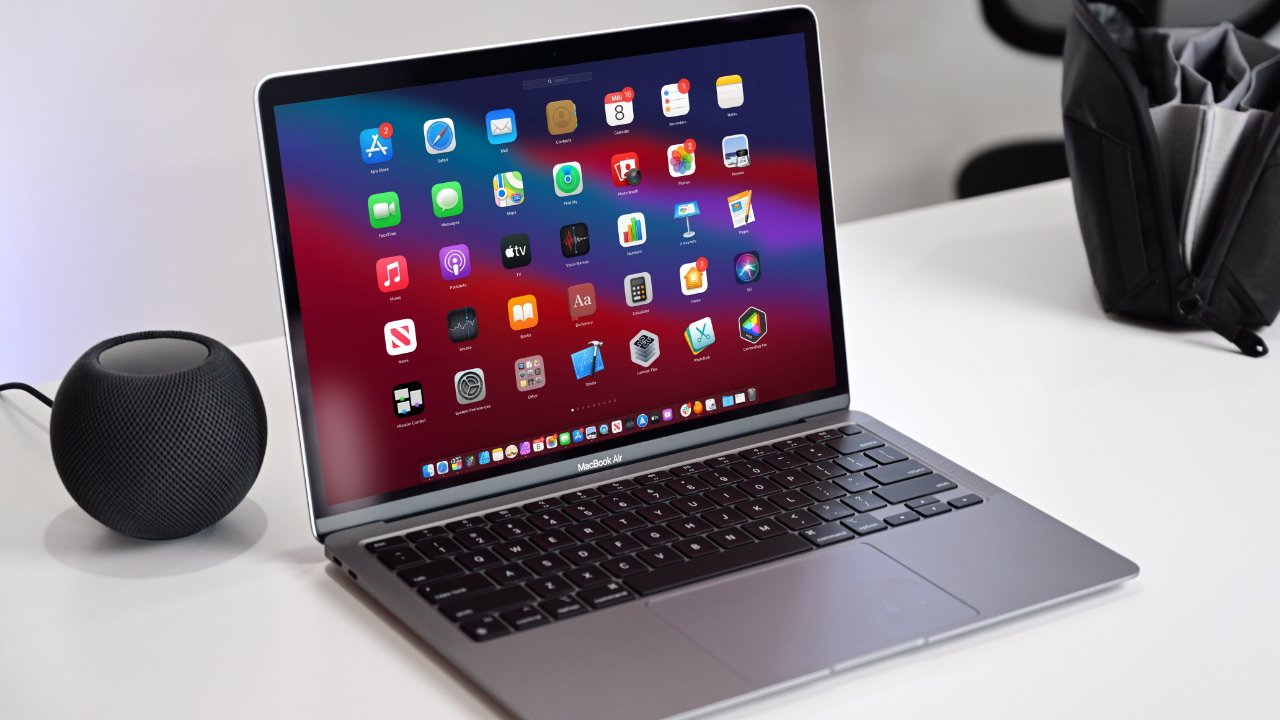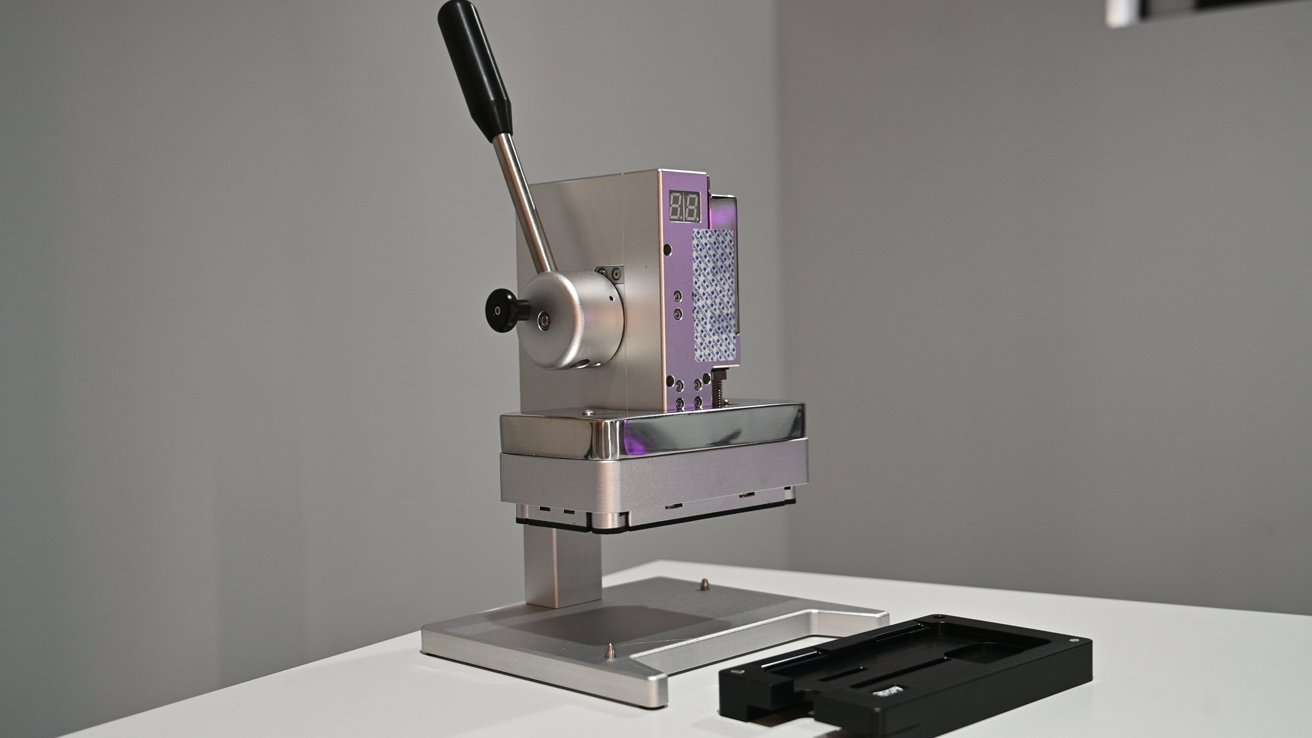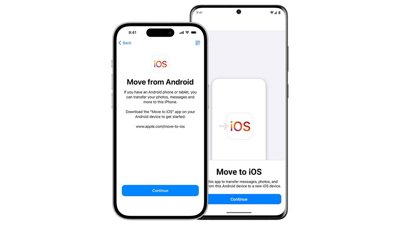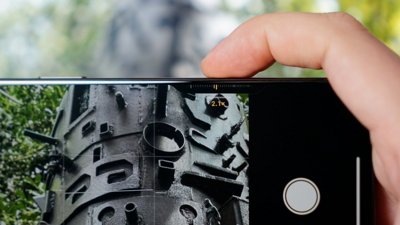One independent MacBook reseller and right-to-repair advocate has scavenged Macs from a facility that destroys computers for security reasons, and wants Apple to let him disable iCloud Activation Locks.
John Bumstead has a business refurbishing and reselling used Macs via his RDKL INC repair store. Apple doesn't make his life easy as a business owner seeking to sell used computers on the cheap.
Products that are no longer being used by businesses, schools, and the government are often given to recycling centers with strict disposal rules to protect data. These centers are often certified by the Responsible Recycling standard, referred to as R2.
Resellers like Bumstead treat these centers as a secondhand-parts gold mine, though, not without breaking some rules. In order for resellers to obtain computers or parts marked as scrap for destruction, the facility has to willingly violate their R2 certification.
It seems simple enough for unauthorized resellers like Bumstead to find shady recycling centers willing to sell him parts and computers, but there's still an obstacle in his way. He wants Apple to make it easier for people to bypass Activation Lock on products.
How many of you out there would like a 2-year-old M1 MacBook? Well, too bad, because your local recycler just took out all the Activation Locked logic boards and ground them up into carcinogenic dust. #righttorepair
— John Bumstead (@RDKLInc) January 17, 2023
This has always been an issue with products like iPhone and iPad, which are locked to an Apple ID once the user signs in. However, Macs gained Activation Lock once the T2 was introduced, and that was integrated into Apple Silicon as well.
In a story from Vice, the right-to-repair advocate argues that Apple should give users the ability to request Activation Lock to be removed from a product. However, he neglects to mention that Apple already has a process to do this for legally-obtained products.
The process is very simple. If a user has purchased an Apple product through means that will produce a receipt, like through eBay, users can request Activation Lock to be removed. All the user has to do is navigate to Apple Support and provide a receipt as proof.
The problem Bumstead is likely running into is MDM or mobile device management. Apple will not unlock products that were previously part of an MDM system that's still attached.
The situation is even more complicated by how these MDM computers are being acquired. An R2-certified recycling facility will generally have sub-certifications for data disposal and other protections.
So, that means companies see those certifications and expect devices sent to that facility will be dismantled and recycled in full.
Bumstead openly admitted to his practice of obtaining parts and computers from recycling facilities that willingly violate their R2 certification. While his goal is to stop the recycling process and give a new life to these Macs, it isn't an altruistic one.
Taking computers meant for destruction and placing them on the secondhand market for his own profit likely isn't a recycling flow that Apple wants to get behind.
Previously, Bumstead was seen protesting Apple's move to kick unauthorized resellers from Amazon in 2019. A move that also impacted Bumstead's sales.
The right-to-repair movement wants Apple to give users more control over the devices they own. Conflicts have made it to the higher courts, which generally have resulted in Apple giving some ground to the movement.
Most recently, Apple began providing parts, tools, and instructions to individuals who want to self repair their own iPhones and Macs. But, as of yet, the effort does not go as far as most right-to-repair advocates want, and the tools required can be expensive to rent.
 Wesley Hilliard
Wesley Hilliard








-m.jpg)






 Amber Neely
Amber Neely
 Sponsored Content
Sponsored Content
 Charles Martin
Charles Martin
 Christine McKee
Christine McKee
 Malcolm Owen
Malcolm Owen












31 Comments
F this guy, he sounds completely untrustworthy.
I’m all for right to repair, but I fear that simply ignoring the iCloud lock would likely increase the risk of theft?
The right to resell stolen devices, and harvest data from them.
Anyone that advocates this is untrustworthy. They are advocating allowing access to stolen laptops (or in this case devices earmarked for destruction being semi-illegally repurposed) not only for a working laptop but also all the data on that laptop. Hard no!
Sure, why not. I would trust a guy named Bumstead, wouldn’t you? I’m sure Blondie would keep him honest.
But let’s be real. From what we read and see every day it’s clear that the general public doesn’t give a rat’s ass about their privacy, security, data, or personal information. Neither do politicians. Convenience trumps all of that. The owners of these recycled devices couldn’t take the time to wipe them before discarding them… because they didn’t care about their data.